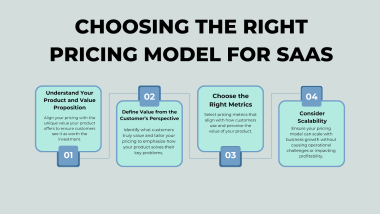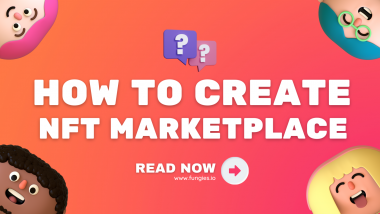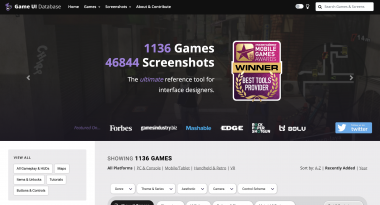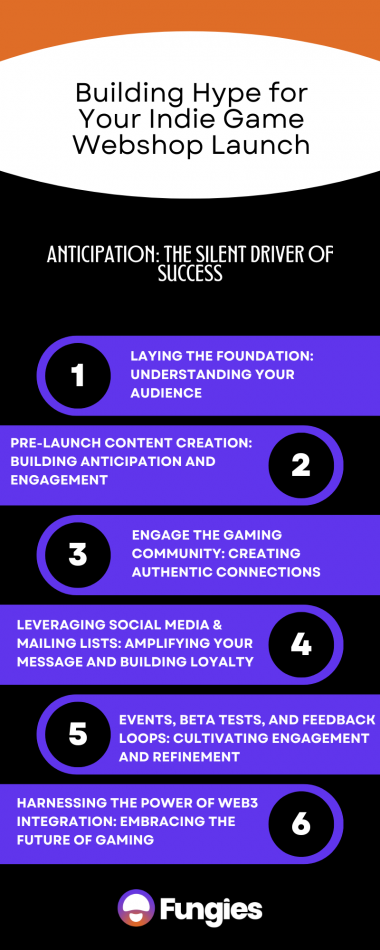The New Era of Indie Gaming: Embracing the Digital Marketplace
Gone are the days when game distribution was shackled by physical constraints. Today, the digital marketplace opens a world of possibilities for indie developers. With the rise of digital game stores, the ability to reach a global audience is at your fingertips. It’s time to take advantage of this potential and see your game sales soar in your own indie game web shop .
Why Your Indie Game Needs a Web Shop
Think of your web shop as your game’s home base. It’s not only about selling; rather creating a space that reflects the soul of your game. It’s your direct line to gamers, offering them a way to buy digital games right from the source.
Understanding the Digital Landscape for Indie Games
The landscape for digital games is vast and varied. With options ranging from classic video game stores to digital PC game platforms, it’s important to know where your game fits.
The Rise of Digital Game Stores – A Game Changer for Indie Developers
Digital game stores have revolutionized how indie games are distributed and sold. These platforms have leveled the playing field, allowing indie developers to compete with major gaming studios. They offer a space where your game can stand out, be it a retro game shop vibe or a cutting-edge digital games hub.
Digital vs. Physical – Why Going Digital is the Way Forward
Digital is the new frontier for indie game distribution. It’s more than just convenience; it’s about reaching a wider audience. Digital game downloads have surpassed physical sales, and for a good reason. They offer accessibility and ease for gamers worldwide, making them an ideal choice for indie developers looking to make their mark.

Why Go Solo When There is Steam and Epic Games
While platforms like Steam and Epic Games are giants in the gaming world, having your own web shop gives you control. It allows you to build a direct relationship with your players, offer unique deals, and truly showcase your brand without getting lost in the vast ocean of games on larger platforms.
Planning Your Web Shop
Before diving in, it’s crucial to plan. Define the identity of your web shop. What experience do you want to offer your gamers? Are you aiming for the feel of a retro game store or a sleek digital games online shop? Setting clear goals helps guide your decisions as you build your shop.
Defining Your Game Shop’s Identity
Your web shop should reflect the essence of your game. It’s more than a place to buy games; it’s an extension of the world you’ve created. Whether you’re aiming for a vintage video game store aesthetic or a modern digital storefront, ensure your shop’s identity resonates with your game’s spirit.
Consistency in Design and Theme
Consistency is key. Make sure the color scheme, fonts, and overall design of your web shop align with your game’s aesthetic. This coherence enhances the shopping experience and strengthens your game’s brand.
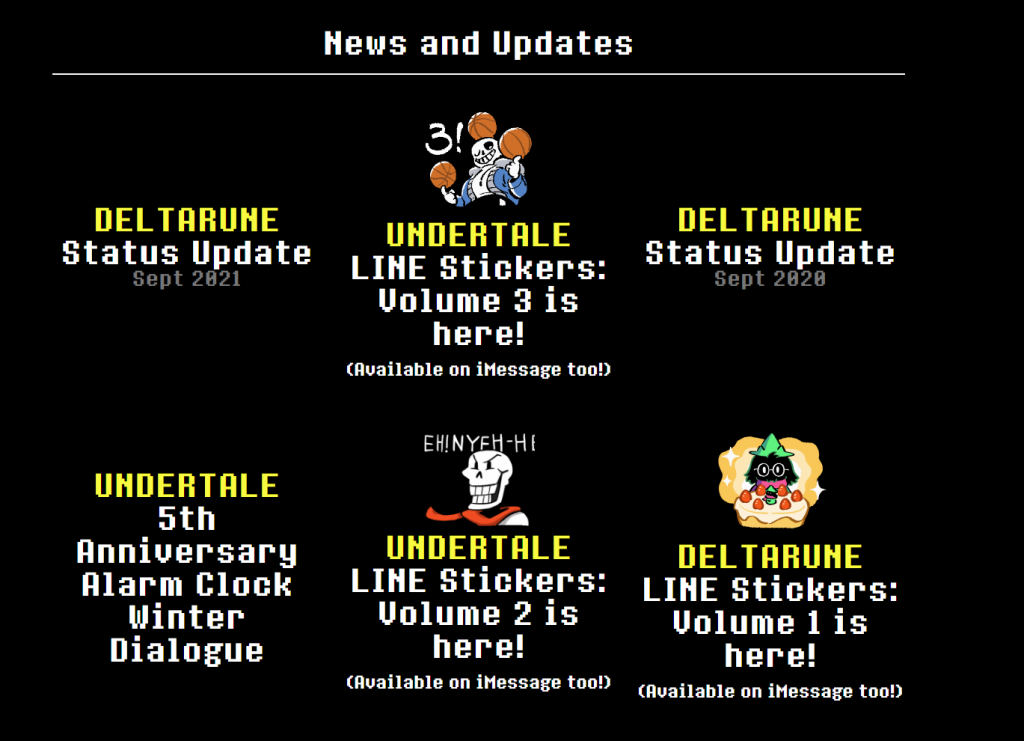
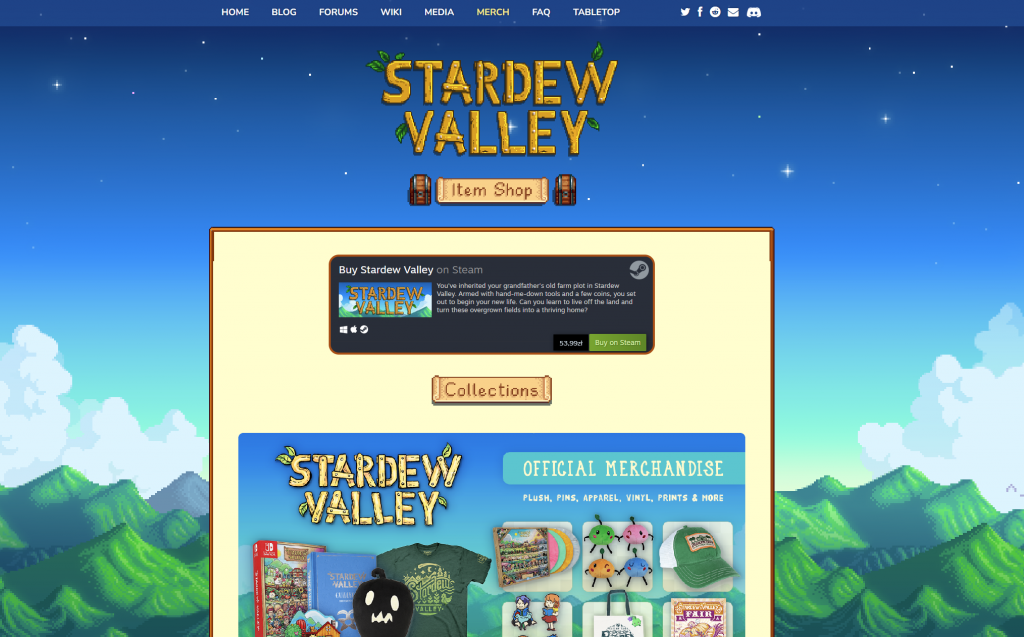
Setting Goals
What are the end goals of your web shop? Is it primarily for boosting game sales, or do you see it as a platform to foster a thriving gaming community? Maybe it’s about increasing the visibility and reach of your indie games. Knowing what you aim to achieve is crucial for developing a focused strategy.
Measuring Success
Once your goals are set, think about how you will measure success. Will it be through sales numbers, community engagement, or website traffic? Setting these metrics early on will help you track progress and make informed decisions.
Choosing the Right Platform
Selecting the right platform for your web shop is a key decision in the journey of bringing your indie game to the market. You have to find balance between user-friendliness, functionality, and the ability to reflect your game’s unique identity.
No-Code Solutions: The Indie Developer’s Best Friend
For indie developers, no-code platforms are a game-changer. They offer the simplicity of drag-and-drop building without needing to delve into the complexities of coding. This means you can focus more on creativity and less on technical hurdles.
Evaluating Platform Features

When selecting a platform, consider the features that are most important for your shop. Do you need advanced e-commerce capabilities, like secure payment gateways and shopping cart functionality? Or are you looking for platforms with strong community-building tools, like forums and review sections? Make a list of must-have features to guide your choice.
Scalability and Flexibility
Think about the future. Choose a platform that can scale as your business grows. The flexibility to add more games, features, or even integrate with other services can be crucial as your indie game gains popularity.
Designing Your Web Shop
Designing your web shop is where creativity meets functionality. Aim for a design that captivates visitors while offering them an easy and enjoyable shopping experience.
Crafting a Unique Look – Web Design Tips for Gaming Sites
Your web shop’s design should capture the essence of your game. Use colors, fonts, and layouts that complement your game’s style. A unique look will help your shop stand out in the crowded digital games market.
User-Friendly Design – Making Navigation a Breeze
Navigation is key to a successful web shop. Ensure your site is easy to navigate, with clear categories and a straightforward layout. A user-friendly design makes it easy for gamers to find what they’re looking for, be it digital PC games or console games for sale.
Integrating Visuals – Showcasing Your Games in Style
Visuals are a powerful tool in your design arsenal. Use high-quality images and videos to showcase your games. Integrate screenshots, trailers, and gameplay videos to give visitors a taste of the gaming experience you offer.
Cataloging Your Games
Organizing your games is crucial in creating an enjoyable shopping experience. A well-organized catalog helps customers easily find and buy digital games from your store.
Organizing Your Digital Shelf – Displaying Your Indie Games
Think of your digital shelf as a virtual display window. Organize your games in a way that’s easy to browse. Categories, filters, and search functions are essential in helping customers navigate your collection.
Descriptions that Sell – Writing Compelling Game Overviews
Your game descriptions are a chance to sell your game to potential buyers. Write clear, engaging descriptions that highlight the unique features of your games. Remember, a good description can be the deciding factor in a customer’s purchase.
Setting Up Payment Options
Establishing effective payment options is essential for ensuring a seamless transaction experience for your customers. The goal is to make the buying process as intuitive and effortless as possible.
Selecting the Ideal Payment Gateways for Gamers

It’s important to integrate payment gateways that are trustworthy and widely recognized. Providing a range of payment methods, such as credit cards, PayPal, and various digital wallets, is crucial to accommodate customers from different regions.
Ensuring a Smooth Checkout Process: Practical Tips
The key to turning site visitors into paying customers lies in a streamlined checkout experience. Aim for a checkout process that is easy to navigate, with clear instructions and a minimal number of steps. A user-friendly checkout improves the overall customer experience and boosts the likelihood of repeat business.
Marketing Your Web Shop
Marketing is vital in driving traffic to your web shop and boosting sales. A solid marketing strategy can help you reach a wider audience and establish your brand in the digital gaming market.
Digital Marketing 101 for Indie Game Shops
Digital marketing is a powerful tool for indie game shops. Utilize SEO, content marketing, and email campaigns to promote your shop. Tailor your marketing efforts to target gamers looking for digital video games and related products.
Leveraging Social Media to Drive Traffic to Your Game Store
Social media is a great platform for promoting your web shop. Use platforms like X (Twitter), Facebook, and Instagram to engage with your audience, showcase your games, and drive traffic to your store.
SEO for Gaming Shops: Getting Found in the Digital World
SEO is crucial in making your web shop visible in search engines. Optimize your site with relevant keywords, such as “digital game downloads” and “retro gaming store,” to improve your search rankings and attract organic traffic.

Community Building and Engagement
Building a community around your web shop can foster loyalty and repeat business. Engaging with your audience goes beyond selling games; it’s about creating a space where gamers can connect and share their passion.
Creating a Community Hub: Forums, Reviews, and More
Consider adding forums, review sections, and community features to your web shop. These features encourage interaction among your customers, creating a sense of community and a platform for gamers to discuss and recommend your games.
Engaging with Your Audience – Beyond Just Selling Games
Engage with your audience through regular updates, blog posts, and newsletters. Share behind-the-scenes content, game development updates, and other engaging material to keep your audience interested and connected to your brand.
Managing Digital Game Downloads – Ensuring a Great Customer Experience
Handling digital game downloads well is crucial for keeping your customers happy. A simple and efficient download process means players can start enjoying their games right away, without any fuss.
Making Game Downloads Easy for Customers
Make sure downloading games from your site is easy and straightforward. Offer clear help and quick support for any download issues that might pop up. This not only keeps your customers content but also cuts down on the number of support tickets you receive.
Security and Convenience: Protecting Your Digital Games
Security matters when you’re selling digital games. Using Digital Rights Management (DRM) helps prevent piracy, but it’s important to do this without making life hard for your genuine customers. They shouldn’t have to jump through hoops to play a game they’ve bought.
Keeping Your Store on Top – The How-To of Performance Analysis
Staying on top of your store’s performance is crucial for its success. Keep an eye on how things are going by tracking key metrics, listening to what your customers have to say, and using this information to make smart, data-backed improvements to your web shop.
Getting to Grips with Your Store’s Analytics
Dive into your web shop’s analytics to really understand how it’s doing. Check out things like how many people are visiting, what they’re buying, and how they behave on your site. This kind of data is gold when it comes to figuring out what’s hitting the mark and what might need a bit of tweaking.
Fine-tuning Your Strategy – Responding to Customer Feedback
Listening to your customers is like getting cheat codes for your web shop’s success. Their feedback is invaluable for understanding what works and what doesn’t. Pay close attention to their suggestions, critiques, and praises. Regularly update your site based on this feedback to make your digital storefront more appealing and user-friendly. It’s all about evolving with your customer’s needs. Think of it as an ongoing development cycle for your web shop, similar to how you would update and improve your games.
Legal Considerations for Digital Sales
When it comes to selling games online, there are two main legal areas you need to be clued up on: customer rights and copyright issues. Navigating these aspects correctly is crucial for the smooth operation of your digital store.
Understanding the Legalities of Selling Games Online
Navigating the legal landscape of online sales is crucial. Ensure you’re aware of the various laws and regulations that apply to digital sales, such as consumer rights and digital distribution agreements. It’s like understanding the rules of a game before you start playing.
Protecting Your Games – Intellectual Property and Licensing
Your games are your creative babies. Make sure they are legally protected. This includes understanding copyright laws, setting up proper licensing agreements, and ensuring your game content is safeguarded against unauthorized use or distribution.
Key Takeaways for Setting Up Your Indie Game Web Shop
Let’s wrap up. We’ve covered everything from choosing the right platform to marketing, from customer engagement to legal considerations. Remember, your web shop is the digital face of your indie game studio. Make it count.
The Future of Indie Gaming: Embracing the Digital Revolution
The indie gaming industry is constantly evolving, and so should your approach to selling your games online. Stay adaptable, innovative, and responsive to trends and customer needs. The future is bright for indie developers who embrace the digital revolution with open arms.
Setting up your indie game web shop is an exciting journey. It’s your chance to bring your unique vision to the gaming world. With the right strategy, tools, and a bit of creativity, your web shop can become a thriving digital marketplace for your games.
